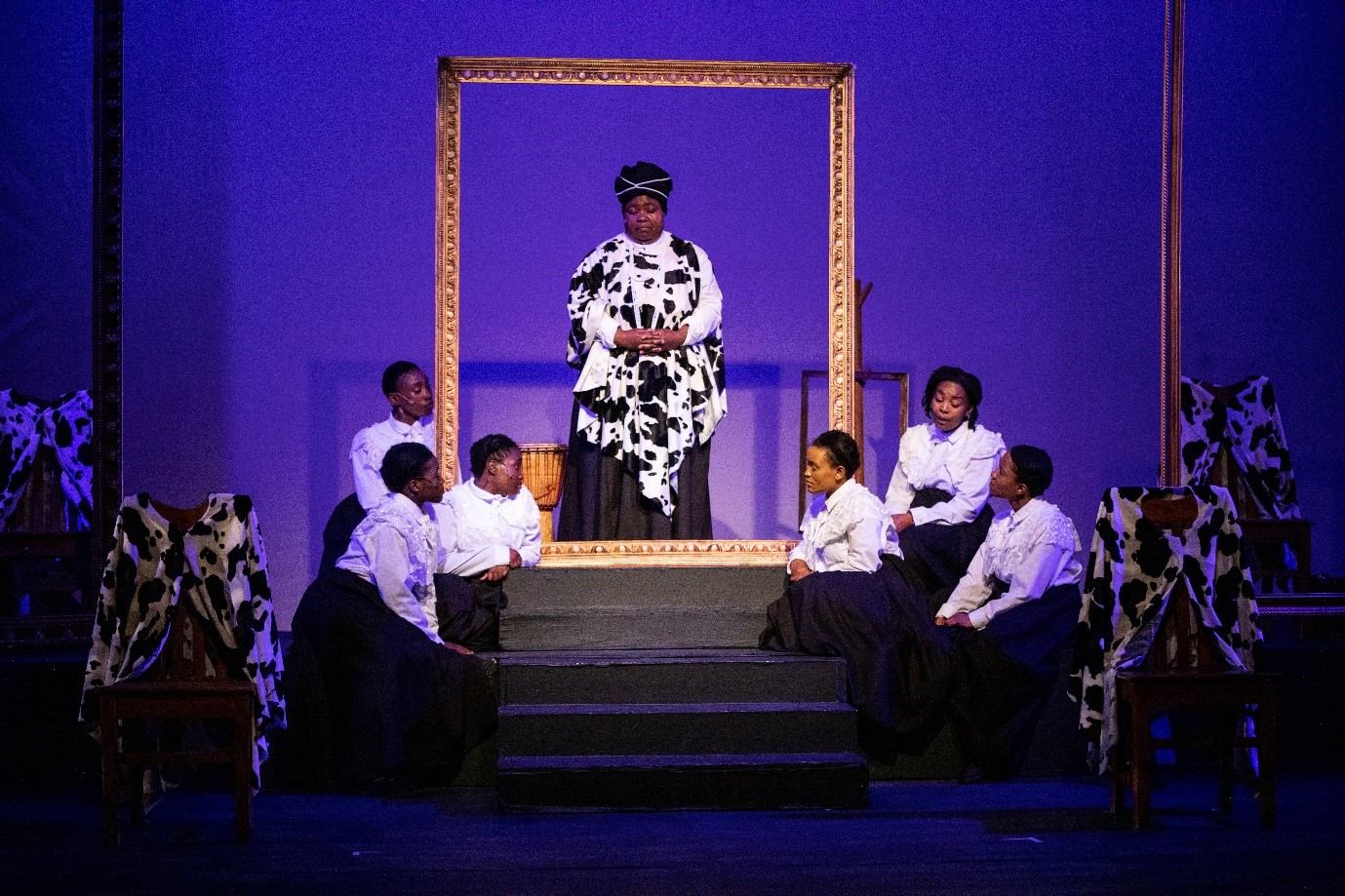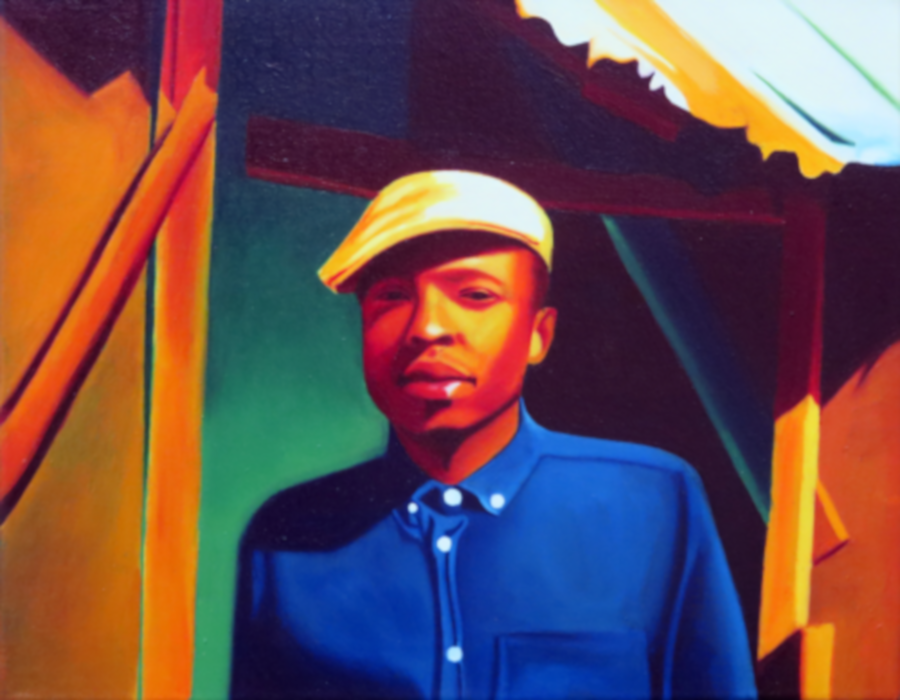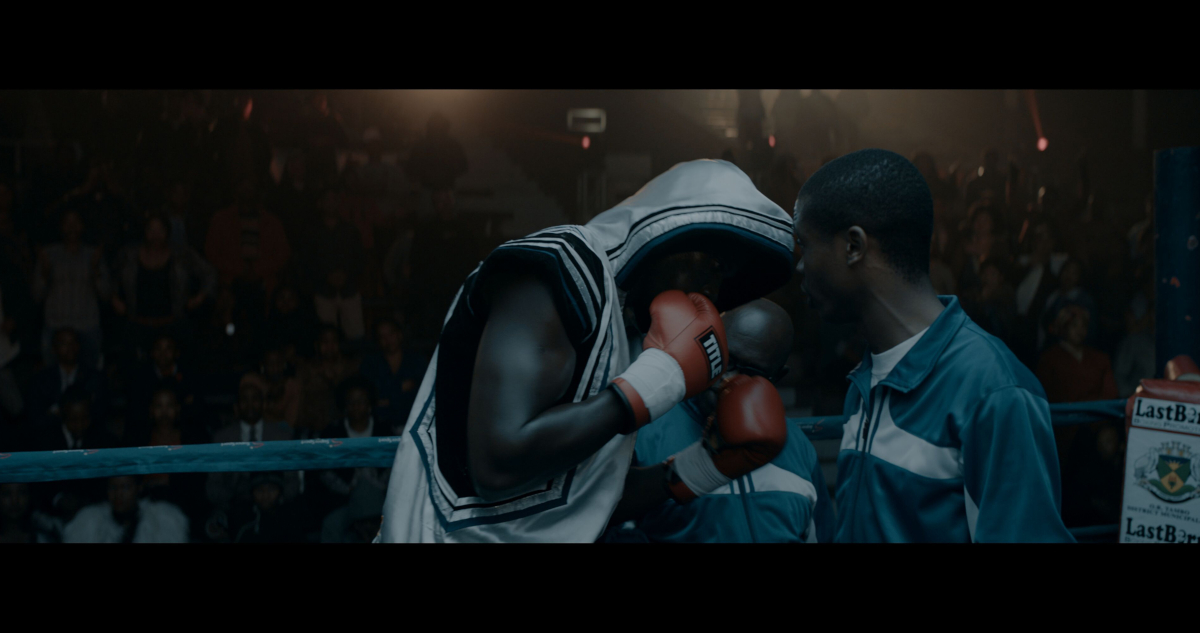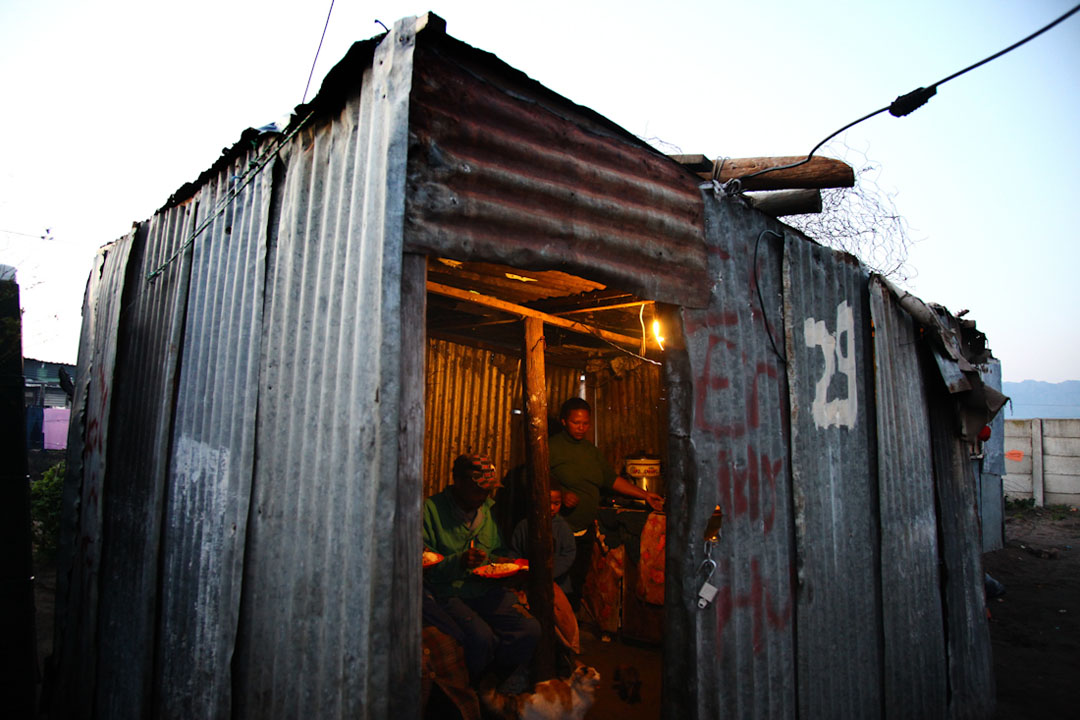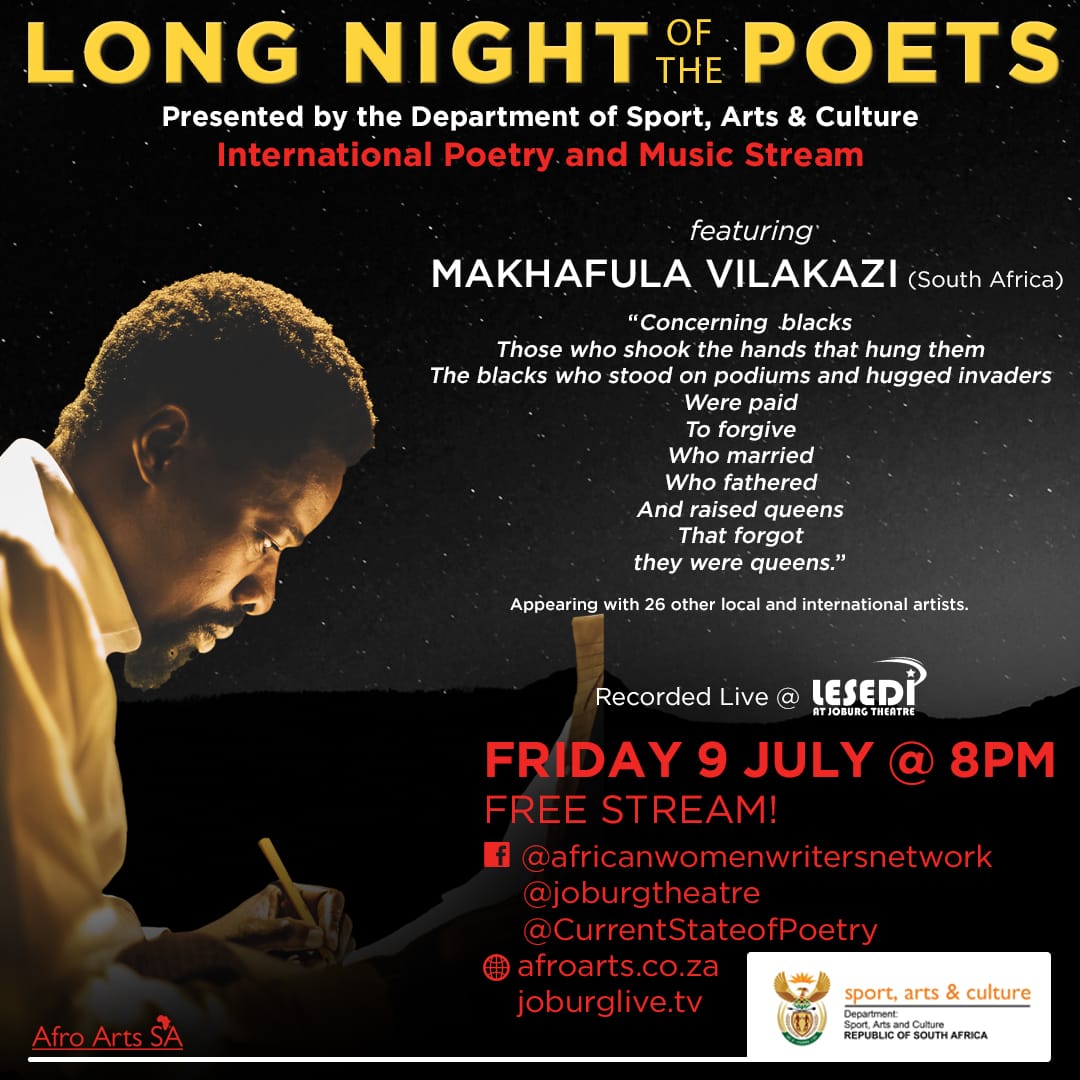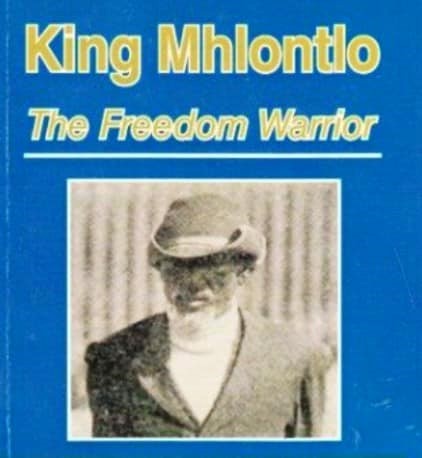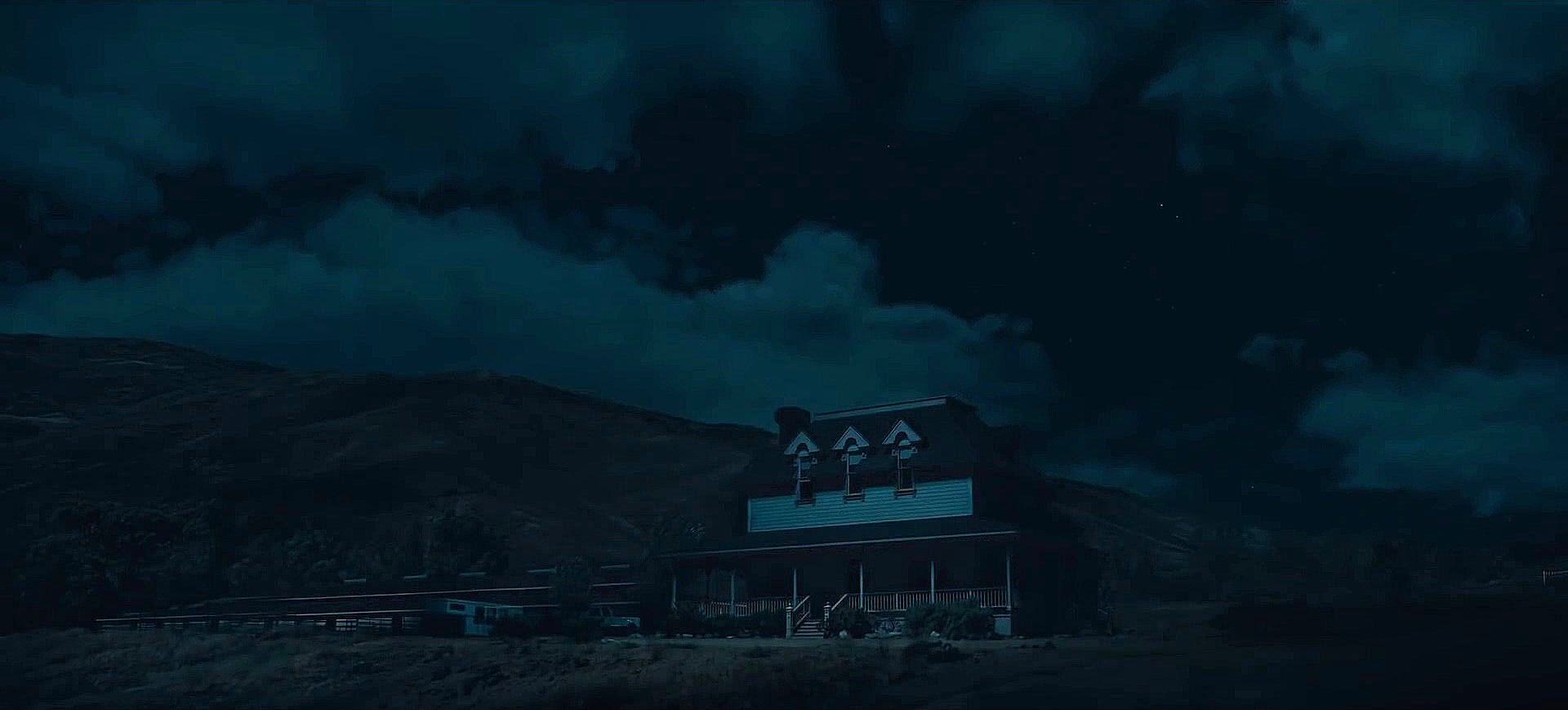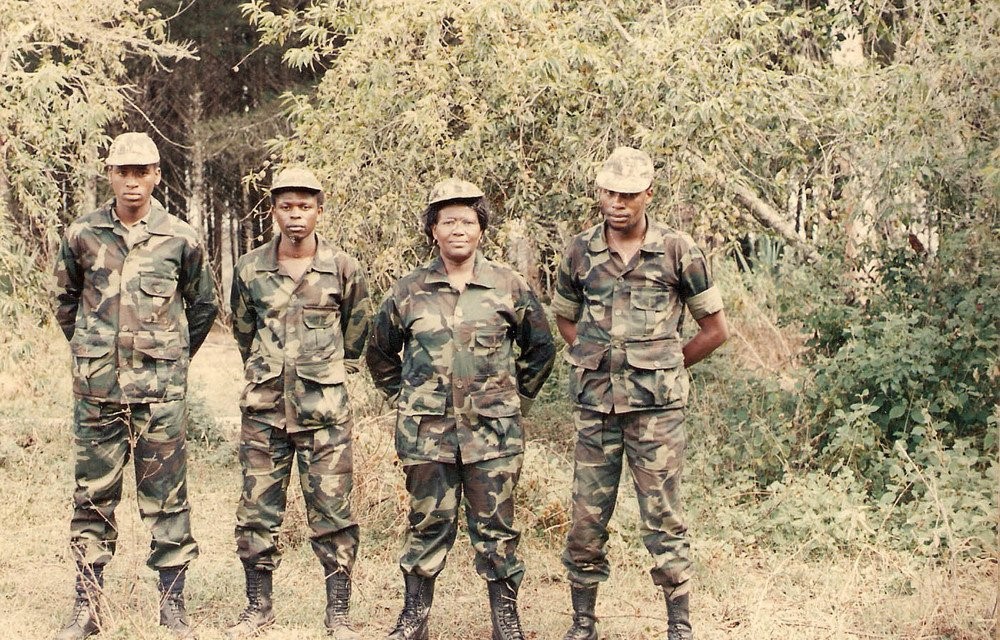A Motlokwa woman, an academic, an African, brave and fearless leader who, among other things, took the responsibility of becoming the voice of the voiceless and fought for the freedom of African women. There are many things that Charlotte Mannya-Maxeke achieved in her life time, among which was to be the first Black African woman to graduate from an American university with a B.sc degree, paving the way for many other African women.
Upon realizing that the story of Charlotte Makgomo Mannya-Maxeke is not told enough, multiple award-winning playwright Napo Masheane, and thespian Mapula Setlhako (director) teamed up and created a biographical theatre play that aims at exploring the life and times of, and ‘resurrect’ this iconic social and political activist.
Tsogo - The rise of Charlotte Mannya-Maxeke, opened at the South African State Theatre on 16 October 2021, the date coincides with mama Charlotte’s date of death (16 October 1939). The season of the play also commemorates her sesquicentennial.

There is something phenomenal about the atmosphere beaming from stage as the lights come on and the members of the cast appear, each holding a picture frame, and standing in front of a bigger frame, as mama Charlotte’s life is about to be experienced in different frames. The melodic voices burst into song and there is a sudden calm, yet strong energy that evokes different emotions in the auditorium. The voices are of seven women on stage, who are the story tellers in the play.
The story is told through seven female actresses who are on stage throughout the play, representing seven portraits of mama Charlotte and focusing on seven prominent milestones of her life, from when she was a young Motlokwa girl growing up in rural Ga-Ramokgopa in Limpopo, to when she left South Africa and travelled abroad as a chorister to study at Wilberforce University in Ohio (USA), to when she became a teacher, a religious leader, a social and political activist.
Commenting about the casting for the play, director Mapula Setlhako says; “We had to be very specific. We needed young, dark-skinned girls with an afro, who can speak Sepedi and isiXhosa, to be able to tell the story of mama Charlotte.”

The creators of the play and the team should be applauded for putting together such a great historical piece. A lot of work had to be done in terms of research and writing. The cast is well organised, the set is alive and lends well to the performance on stage.
“The whole process was very challenging”, says Setlhako, who speaks passionately of mama Charlotte and the work. “We had to work with the little we had in terms of historical facts. For example, we are telling a story of someone who was a singer but we did not have any record of her audio”.
The director also points out that the unknown or not talked about fact is that mama Charlotte was an artist. “She was a great singer, a chorister, and that piece of information was very important in our research process. The director mentions the Charlotte Mannya - Maxeke Institute as one of the sources of information that helped with research.
The play is recommendable and it will inspire dialogue that will hopefully lead to solutions on issues of patriarchy and gender inequality. Setlhako agrees that there is no doubt that women are still facing these challenges. “The same challenges that mama Charlotte was dealing with in the 1800s, women are still dealing with, namanje. We need to unite and we need to look out for each other as women”, she concludes.
TSOGO is written by multi award-winning playwright Napo Masheane, directed by thespian Mapule Setlhako and choreographed by Lebohang Toko. The play will run until 31 October 2021. Tickets are R130 at Webtickets, available online, State Theatre’s Box Office, and Pick n Pay stores.

